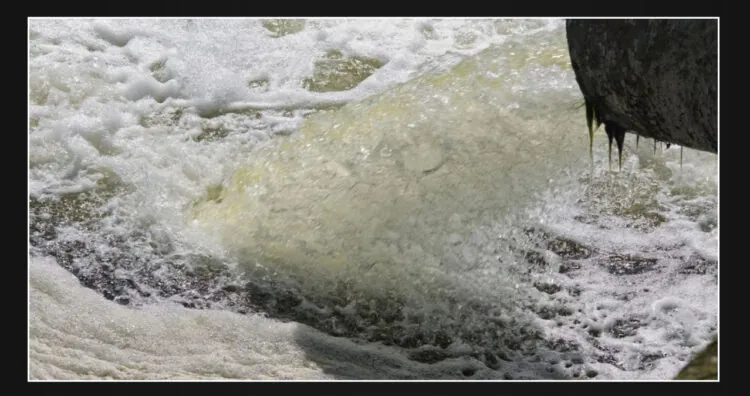A group of California lawmakers has recently proposed a new bill to address the persistent foul smell that has been causing significant issues for residents in San Diego counties. The odor has become so unbearable for some individuals that they have even chosen to relocate elsewhere to escape its consequences.
According to Border Report, the Border Water Quality Restoration and Protection Act shares similarities with other bills aimed at restoring bodies of water, such as Chesapeake Bay and the Great Lakes.
According to U.S. Senator Alex Padilla, the proposed legislation aims to take proactive action against pressing environmental issues. He highlights the ongoing problems caused by raw sewage, toxic waste, and air pollution, which not only result in the closure of beaches but also pose threats to the health of communities. Additionally, these environmental concerns even have the potential to disrupt the training of military personnel and border personnel.
The bill, if approved, would assign the Environmental Protection Agency (EPA) as the main agency responsible for addressing high pollution levels in the Tijuana River. It would also require coordination between agencies at all levels.
Democratic U.S. Rep. Juan Vargas recently revealed that a $400 million contract has been awarded to revamp the International Wastewater Treatment Plant in the Tijuana River Valley. This development highlights a significant step towards addressing the wastewater treatment issue in the area. Vargas expressed his satisfaction, stating, “Something is being done. The contract has been let, and we’re moving forward” (Border Report).
Rep. Vargas is the representative of the district along the Tijuana River Valley, a region that has suffered greatly from the continuous flow of sewage into the area. He expressed his support for the legislation, emphasizing that it will provide much-needed relief to his community.
“Toxic sewage pollution poses a daily threat to our communities, causing unbearable odors and the closure of beaches,” Vargas expressed concern. “We urgently need a well-coordinated and efficient federal response. Unfortunately, the current situation lacks a single agency responsible for tackling this pollution issue; it’s as if there are too many hands in the pot.”
The situation in the area has worsened to the point where the Centers for Disease Control and Prevention (CDC) is now involved. The CDC’s Agency for Toxic Substances and Disease Registry has announced the collection of environmental sampling data to provide recommendations for addressing the situation.
The authorities in San Diego County have initiated a pilot program where they will distribute air purifiers to residents in a random manner. In June, $100,000 was allocated towards these devices as the concern surrounding air quality grew. Despite this effort, some residents remain skeptical and believe that the distribution of air purifiers is not sufficient to address the problem.


